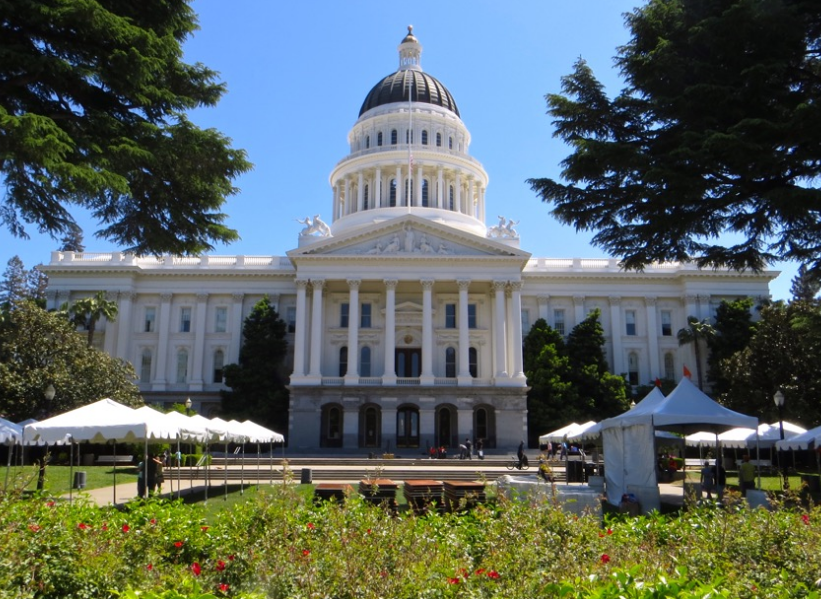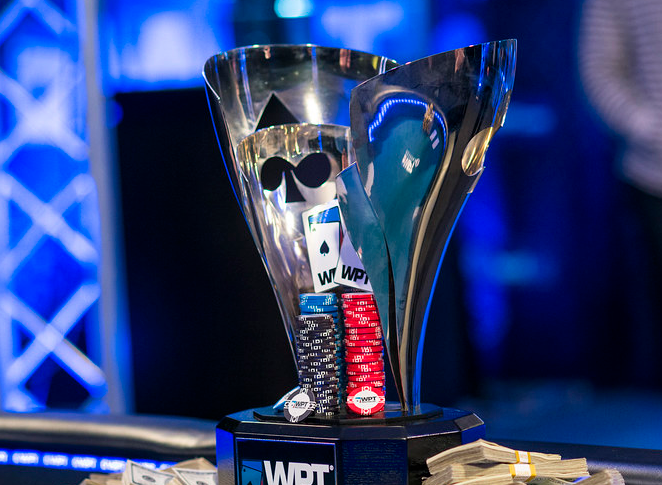Berlin’s biggest gambling industry event just dropped its lineup, promising fresh insights into regulations and market battles that could reshape online betting in Europe.
This November 11 gathering at the DoubleTree Hilton Ku’damm draws top experts to tackle hot issues like black market threats and sports betting trends. Curious about what’s next for Germany’s iGaming scene? Read on for the details that matter most.
Event Highlights and Schedule
The Gaming in Germany Conference 2025 kicks off with a bang, featuring a keynote from a top official at the Joint Gambling Authority of the Länder, known as GGL. This sets the stage for deep dives into the rules shaping the industry.
Attendees can expect a full day of talks starting early, covering everything from legal updates to market stats. Organizers aim to bring together operators, regulators, and analysts for real talk on challenges and opportunities.
The venue in Berlin’s lively Ku’damm area adds a vibrant backdrop. Last year’s event drew hundreds, and this one looks set to top it with timely topics.
Planners shared the agenda amid growing buzz in the sector. With Germany’s online gambling market evolving fast, this conference feels like a must-attend.
Dr. Joerg Hofmann from Melchers Law Firm. He will give a regulatory update right after the opening speech.

Top Speakers Tackle Key Markets
Mathias Dahms, president of the Deutscher Sportwettenverband, steps up to discuss the state of sports betting in Germany. His group represents major players pushing for fair play.
Dr. Dirk Quermann, head of the Deutscher Online Casinoverband, follows with insights on virtual slots. These sessions promise data-driven looks at what’s working and what’s not.
Germany’s iGaming revenue dipped from 3.5 billion euros in the first quarter of 2025 to 3.22 billion in the second, according to recent reports. This drop highlights why these talks matter now.
Experts point to stricter rules under the 2021 State Treaty on Gambling as a factor. The treaty aimed to protect players but sparked debates on its impact.
Dahms and Quermann bring years of experience. Their presentations could spark ideas for operators navigating these changes.
The agenda builds logically, moving from broad overviews to specific market segments. This flow helps attendees connect the dots.
Battling the Black Market Threat
A major focus shifts to unlicensed operators stealing market share. Josh Hodgson from H2 Gambling Capital will share new data on Germany’s iGaming landscape.
This black market session could reveal surprising stats on illegal betting’s scale. Hodgson’s firm tracks global trends, and their latest figures show unlicensed sites still thriving despite crackdowns.
Christian Heins of Tipico will explain how licensed companies fight back. As director of iGaming, he knows the daily battles against unfair competition.
Dr. Andreas Ditsche from iGaming.com rounds it out by calling out illegal affiliate marketing. He will spotlight how big tech firms play a role, often unknowingly.
Here are some eye-opening facts from recent studies:
- Over 200 unlicensed gambling sites got pulled from Google searches last year, thanks to GGL efforts.
- Black market operators might control up to 40% of the market, per industry estimates from 2024.
- Enforcement actions rose 25% in the past year, but challenges remain.
These points underline the urgency. Sessions like this aim to arm attendees with strategies to push back.
One report from Casino Guardian noted how Germany’s framework influences all of Europe. As the continent’s biggest economy, its moves send ripples far and wide.
Broader Impacts on the Industry
Beyond the agenda, this conference signals bigger shifts. With evaluations of the 2021 treaty underway, outcomes could tweak rules on everything from ads to player limits.
Operators face rising costs to comply, yet many see growth potential. Sports betting alone hit record highs in 2024, fueled by major events like the Euros.
The event fosters networking that often leads to partnerships. Past conferences sparked deals that boosted licensed platforms.
Analysts predict Germany’s regulated market could reach 5 billion euros by 2027 if black market issues get resolved. Data from H2 Gambling Capital supports this optimistic view.
Regulators like GGL stress player protection. Their keynote might hint at upcoming enforcement tools.
This gathering also highlights Berlin’s role as a hub for gaming talks. With easy access and a mix of pros, it draws international crowds.
One standout element: Discussions on tech’s role in compliance. Affiliates and platforms must adapt or risk fines.
| Session Topic | Speaker | Key Focus |
|---|---|---|
| Regulatory Update | Dr. Joerg Hofmann | Latest legal changes |
| Sports Betting Market | Mathias Dahms | Current trends and challenges |
| Virtual Slots Overview | Dr. Dirk Quermann | Market performance data |
| Black Market Data | Josh Hodgson | New statistics on unlicensed ops |
| Operator Responses | Christian Heins | Strategies against competition |
| Illegal Affiliates | Dr. Andreas Ditsche | Tech firms’ involvement |
This table breaks down the core sessions, making it easy to see the lineup’s strength.
The conference wraps with open forums, letting attendees voice concerns directly to leaders.
In a year of economic ups and downs, these insights could help readers understand how gambling rules affect everyday betting options and even job markets in tech and entertainment. Whether you’re an operator, a casual bettor, or just following the news, events like this shape the future of fun and fair play in Germany.
This conference packs a punch with its focus on real-world problems and solutions, from regulatory tweaks to black market busts, all set against Berlin’s dynamic scene. It reminds us that behind the games, big decisions impact millions.








